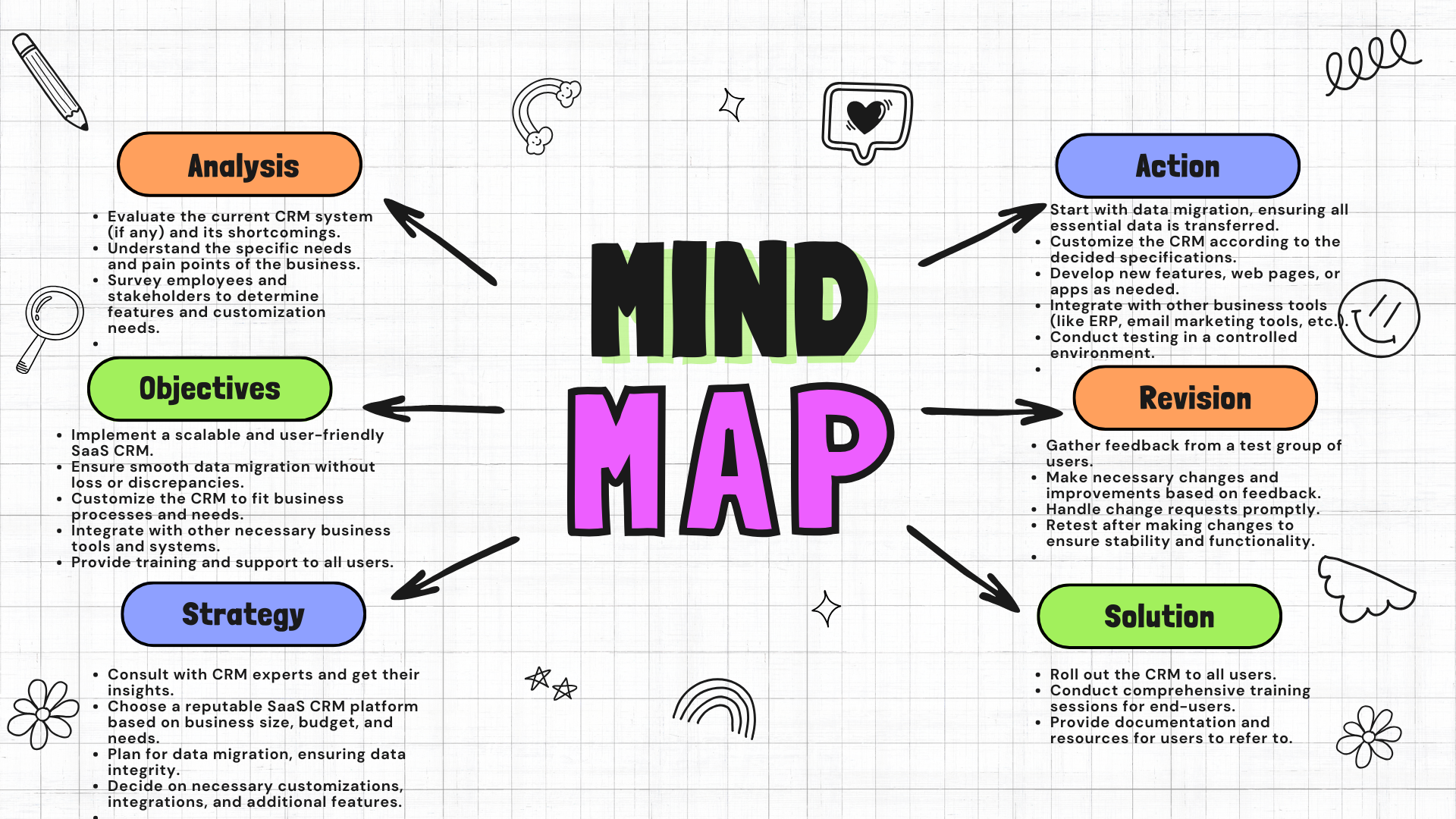Top 20 FAQs for SMEs Embarking on Digital Transformation
Content:
- Introduction
- What Is Digital Transformation, and Why Do SMEs Need It?
- How Do I Start the Digital Transformation Process?
- Do I Need a Dedicated Team for Digital Transformation?
- Which Technologies Should SMEs Focus On?
- How Do I Manage Data Privacy and Security During Transformation?
- What Are the Key Benefits of Digital Transformation for SMEs?
- How Can I Secure Funding for Digital Transformation?
- Should I Invest in Cloud-Based Solutions?
- What Role Does Data Analytics Play in Transformation?
- How Can I Ensure Employee Buy-In?
- Is Custom Software Development Necessary?
- How Do I Address Legacy Systems?
- What Are the Risks Associated with Digital Transformation?
- How Long Does Digital Transformation Take?
- What Metrics Should I Use to Measure Progress?
- How Do I Choose the Right Technology Partners?
- Can Digital Transformation Help with Compliance?
- How Do I Adapt to Rapid Technological Changes?
- Is Digital Transformation a One-Time Project?
- What Are Some Successful SME Digital Transformation Case Studies?
Digital transformation is no longer an option; it's a necessity for businesses of all sizes, including Small and Medium Enterprises (SMEs). However, the journey towards digitalization can be daunting for SMEs, given their limited resources and specific challenges.
To help you navigate this journey, we've compiled the top 20 frequently asked questions (FAQs) SMEs often have when considering and implementing a digital transformation strategy.

What Is Digital Transformation, and Why Do SMEs Need It?
Digital transformation refers to the integration of digital technologies into all aspects of a business to fundamentally change how it operates and delivers value to customers. SMEs need it to stay competitive, enhance efficiency, and meet evolving customer expectations.
How Do I Start the Digital Transformation Process?
Begin by defining clear objectives, understanding your current processes, and identifying areas that require improvement. Create a digital transformation roadmap with specific goals.
Do I Need a Dedicated Team for Digital Transformation?

A dedicated team can be beneficial, but it's not always necessary. SMEs can collaborate with external consultants or engage existing employees with relevant skills.
Which Technologies Should SMEs Focus On?
Prioritize technologies that align with your business goals. Common areas include cloud computing, data analytics, mobile apps, and cybersecurity.
How Do I Manage Data Privacy and Security During Transformation?
Implement robust data security measures and ensure compliance with relevant regulations. Consider working with experts to develop a cybersecurity strategy.
What Are the Key Benefits of Digital Transformation for SMEs?
Benefits include increased efficiency, improved customer experience, better decision-making through data insights, and enhanced agility in responding to market changes.
How Can I Secure Funding for Digital Transformation?
Explore options such as business loans, grants, or reallocating existing budgets. Focus on ROI to justify investments.
Should I Invest in Cloud-Based Solutions?
Cloud solutions offer scalability and cost-efficiency. Evaluate your specific needs and budget constraints before deciding.
What Role Does Data Analytics Play in Transformation?
Data analytics enables informed decision-making and a deeper understanding of customer behaviors. Start small and gradually expand your analytics capabilities.
How Can I Ensure Employee Buy-In?
Involve employees from the beginning, provide training, and communicate the benefits of digital transformation to gain their support.
Is Custom Software Development Necessary?
Custom software can offer tailored solutions but may be costlier. Consider off-the-shelf software that meets most of your needs and can be customized.
How Do I Address Legacy Systems?
Legacy systems can be integrated or gradually phased out. Prioritize critical areas and develop a transition plan.
What Are the Risks Associated with Digital Transformation?
Risks include data breaches, resistance to change, budget overruns, and project delays. Implement risk management strategies to mitigate these.

How Long Does Digital Transformation Take?
The timeline varies based on complexity, but it's an ongoing journey. Start with achievable short-term goals and continue evolving.
What Metrics Should I Use to Measure Progress?
Key performance indicators (KPIs) may include increased revenue, customer satisfaction, reduced costs, and faster time-to-market.
How Do I Choose the Right Technology Partners?
Evaluate potential partners based on their expertise, experience, and track record. Request references and consider proof of concept projects.
Can Digital Transformation Help with Compliance?
Yes, digital tools can streamline compliance processes and enhance transparency, making it easier to adhere to regulations.
How Do I Adapt to Rapid Technological Changes?
Stay informed through industry publications and networking. Develop a culture of continuous learning and innovation.
Is Digital Transformation a One-Time Project?
No, it's an ongoing process. SMEs must adapt to changing market dynamics and technology advancements continuously.
What Are Some Successful SME Digital Transformation Case Studies?
Review case studies of SMEs in your industry that have successfully embraced digital transformation. Learn from their experiences and strategies.
Digital transformation can empower SMEs to compete effectively in today's digital age. By addressing these FAQs and tailoring strategies to your unique business needs, you can embark on a successful digital transformation journey that drives growth and innovation.
Remember that digital transformation is not a destination; it's a continuous evolution that keeps your business relevant and resilient in a rapidly changing world.
Please reach out to us with your specific requests for an AI app and we can make it a reality.